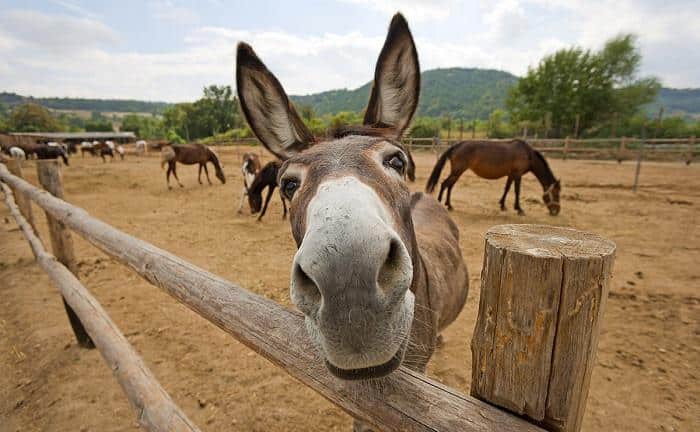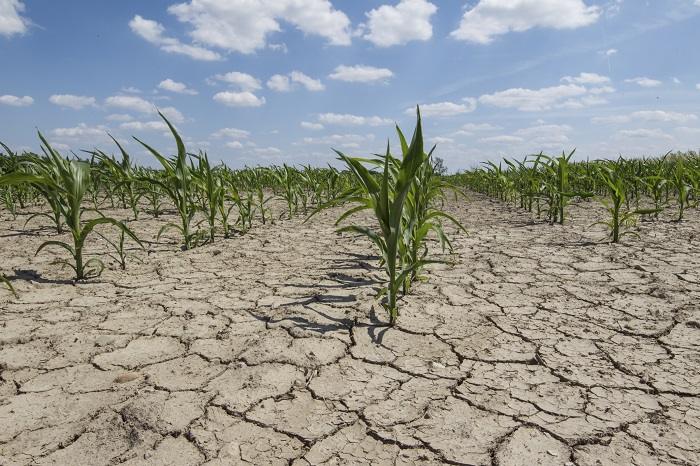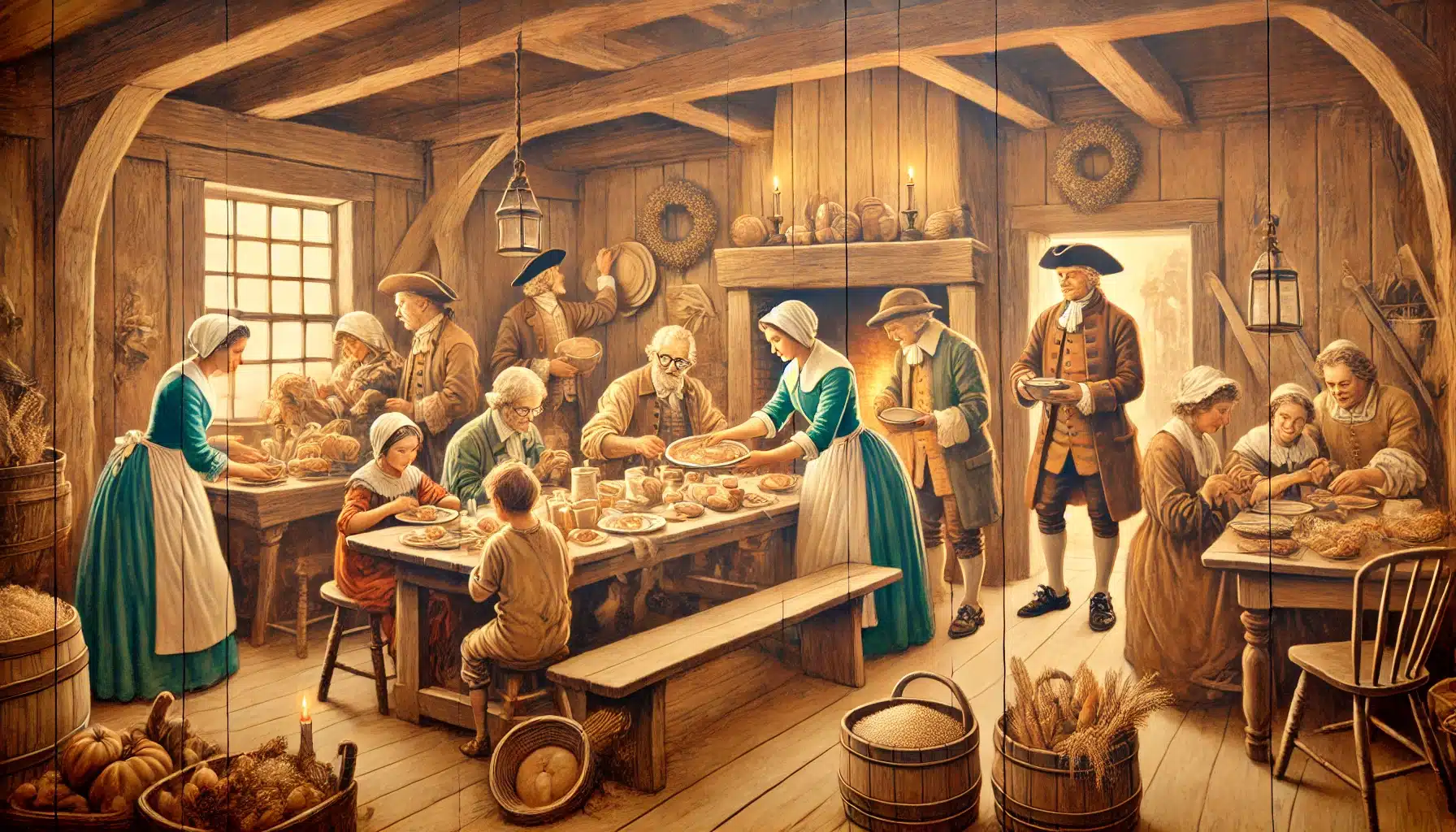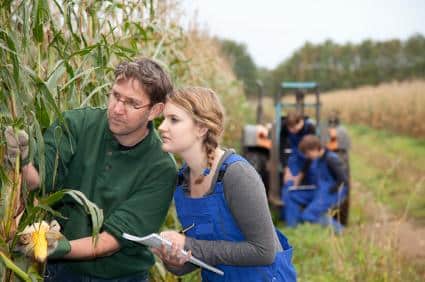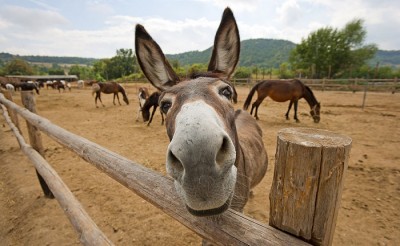
You may think that the only good that horses can bring to a sustainable farm is to fill up a pasture and “look pretty,” but in actuality, equine can serve a very practical role on any homestead.
Putting equine to work is not only good for your sustainable farm but also good for them. Equine enjoy being employed and — if trained properly — will give you many years of hard labor, not to mention fun and friendship.
Here are just five ways that equine can contribute to your sustainable farm – as well as some tips for choosing the right animal.
1. Manure for fertilizer
Equine manure offers much value to the edible garden. Adding well-composted manure to your garden can help to build up organic matter in the soil, add nutrients, improve drainage in heavy soils, encourage moisture retention in sandy soils, and increase beneficial microbial activity.
Animal manure is no stranger to the sustainable farm and is gaining popularity as people discover its beneficial properties. If you keep equine, you will have all of the manure that you need to keep your garden flourishing. Collect your manure often and place it in a large pile to compost — it won’t take long to break down.
2. Hauling and field work
Many people are trading in their expensive farm equipment for a team of strong draft horses — and with good reason. Oil is a limited resource and if you are trying to be self-sufficient, horses make an excellent substitution to gas-guzzling farm equipment. While diesel cannot be “grown” on a farm, hay can. Tractors are heavy and can weigh as much as 6 tons; using them on a farm causes the soil to be compacted. Although it may not kill plants, a tractor puts a lot of strain on them. Horses are much lighter on the earth. Horses can pull a number of farm tools, including plows, harrows, discs, drags, grain drills and cultipackers. In addition, they can also be trained to pull mowers, hay rakes, wagons, cultivators and potato diggers.
New Natural Fertilizer Doubles Garden Production!
You may take on a huge debt with farm equipment — not so with horses. If you need a horse, you can raise one yourself and plan ahead, saving thousands of dollars.
3. Herding
If you raise cattle or even have a big herd of goats or sheep, horses can be a highly valuable tool for rounding everyone up. For centuries on this land, equine have been used in a herding capacity.
4. Security guards (donkeys)
A donkey is one of the best investments you can make in a livestock guard. Standard-size donkeys will easily go up against coyotes, dogs and other invaders. Both gelded males and females are excellent guardians and will sound the alarm any time something is not quite right. If a donkey does attack a predator, it will do so very aggressively using its teeth and hooves. They will also charge and try to chase the unwanted guest away. Most donkeys are fairly inexpensive and will live to be about 30 years old.
Tips for choosing the best horse
The first step in choosing the best horse for your homestead is to determine what its job will be. For instance, larger horses such as drafts are generally employed for heavy labor; however, some ponies are suitable for light tilling or small cart pulling as well. The best horse for herding is one that has some cow sense — generally quarter horses, paints, mustangs and Arabians are used.
Only select a horse from a reputable farm. Although a good work horse or donkey should not break your bank, you still need to know where the horse has come from and what it is capable of doing. If you are unfamiliar with equine but still want to incorporate them into your homestead, do your research and know what your responsibilities will be. If your horse requires some training, be sure to find a qualified person to help you out.
Most equine are quite happy to have a job, and once they understand what is expected of them you will be amazed at what they can do.
What are other ways horses and donkeys can contribute to a self-sustainable farm? Share your thoughts in the section below:


